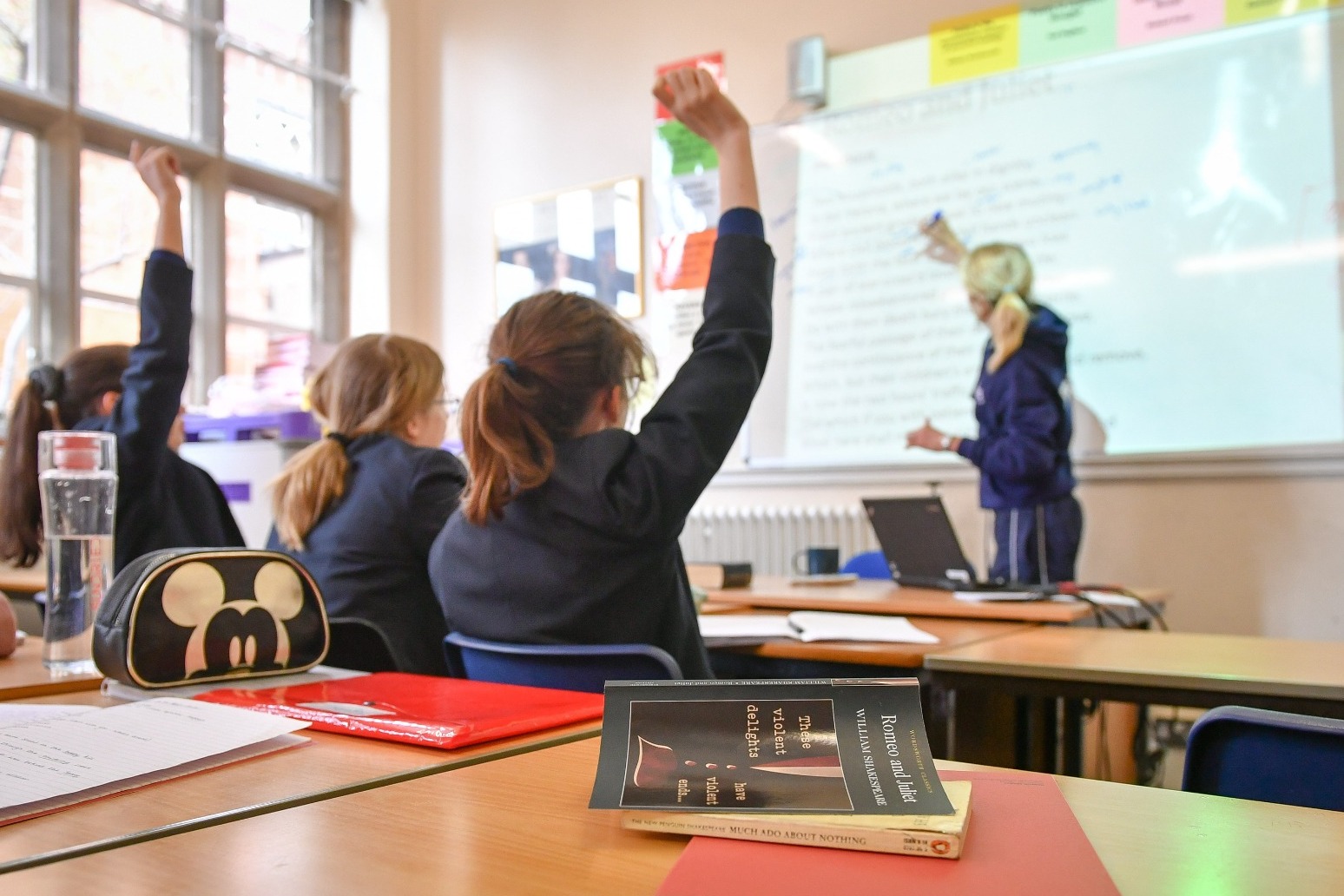This website uses cookies so that we can provide you with the best user experience possible. Cookie information is stored in your browser and performs functions such as recognising you when you return to our website and helping our team to understand which sections of the website you find most interesting and useful.
Most Year 10 pupils in England do not do any work experience placements report
24/10/2024

The majority of Year 10 pupils did not do any work experience last year, a report has suggested.
There is a wide gap between the proportion of teenagers doing work experience in the south of England and in other regions, according to the school support organisation The Key Group.
Some secondary schools reported that they can no longer afford to run placements, while others said it had become harder to accommodate pupils since the pandemic due to more home working.
It comes as the Labour Party’s election manifesto pledged to “guarantee two weeks’ worth of work experience” for every young person and improve careers advice in schools and colleges.
The analysis by The Key Group, which studied 146,947 Year 10 pupils in 756 secondary schools in England, found that only 49% of young people aged 14 to 15 had done some work experience in the 2023/24 academic year.
Among those who did work experience, the average time spent on a placement was just under five days, the analysis suggested, and fewer than 2% of pupils went on work experience for two weeks or more.
Only a third (33.5%) of pupils in Yorkshire and The Humber recorded at least one session (a half day) of work experience in 2023/24, compared to 59.4% in the South West of England, according to the research.
The report, which analysed Year 10 attendance data in 2023/24, also suggested that just 42.1% of pupils on free school meals went on work experience placements which is fewer than their peers (51.5%).
Some careers leaders in schools told The Key Group that finding work experience placements had been harder since the pandemic “because workplaces themselves have changed”.
But the research suggested that a higher proportion of schools and Year 10 pupils are taking part in work experience placements post-pandemic than in the 2018/19 academic year.
The analysis found that the average number of work experience sessions completed by Year 10 pupils was lower in 2023/24 – 9.3 sessions (just under five days) – than before the pandemic.
Only 1.7% of Year 10 pupils reported doing at least two weeks of work experience (20+ sessions) in 2023/24, compared to 5.2% in 2018/19.
The Government will have a “huge challenge” to fulfil its pledge as work experience placements in England are a “long way off” from a two week entitlement, the report concluded.
School leaders told The Key Group that they no longer run work experience placements as they had been required to pay for a health and safety check on the premises that pupils were visiting.
One school said they were unsure whether they would be able to continue placements as they currently outsource their work experience scheme at a cost of £75 per pupil.
The research looked at attendance data from Year 10 only as this is a popular time for work experience placements to take place in schools in England.
Chris Kenyon, chief executive of The Key Group, said: “It is deeply worrying that there is such unequal access to work experience. It used to be a rite of passage at the age of 14 or 15, but it no longer is.”
He added: “We don’t yet know what this Government means by its pledge to give every young person a minimum of two weeks’ quality work experience – whether that might extend to sixth formers, or include employers coming into schools, or virtual work experience.
“But we do know that we are currently a long way off giving two-week placements to all pupils in Year 10 – a time when they are making important choices about what they might want to do later in life. There is a huge challenge ahead to fulfil that election pledge for all pupils.”
“We need to encourage many more employers to step up to take on more pupils. To meet a target of all pupils doing two weeks’ work experience, we would need to quadruple the number of placement days offered by employers.
“We need to make it easier for employers to make contact with schools, for example via a standardised form on all secondary school websites.”
Claire Pritchard, chief executive of Broadleaf Partnership Trust in Sutton Coldfield in the West Midlands, which runs five schools, said: “There is so much our children can learn in the classroom, but equally so many valuable experiences that we need to make sure all of our students are given to complement this – work experience and career insights are top of that list.”
Nick Brook, chief executive of Speakers for Schools, a charity that helps 11-19-year-olds to engage with employers and leaders, said: “We know that young people who do have work experience are typically from more affluent families as they often rely on parental networks to arrange it.
“We cannot have a system that relies on who your mum and dad know, or where they might work, to determine whether you have access to workplaces and potential future employers.”
A Department for Education spokesperson said: “This government is determined to break down barriers to opportunity for all our young people and transform their life chances.
“Too many young people are still being held back, and we are determined to change that by ensuring that every young person receives two weeks’ worth of work experience and better careers advice at school.”
Published: by Radio NewsHub



